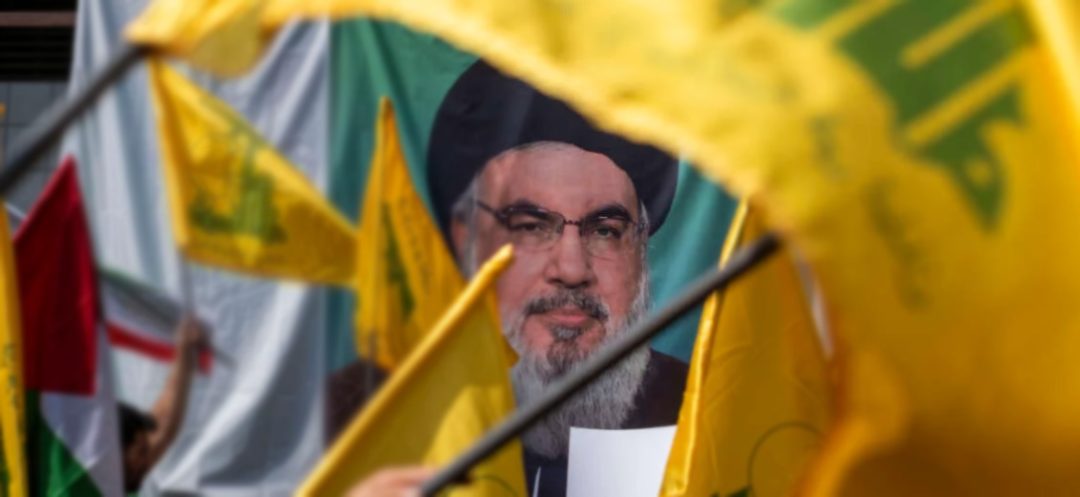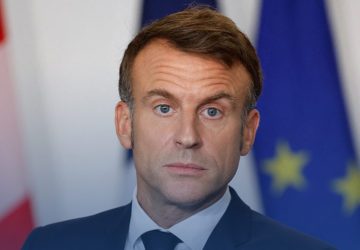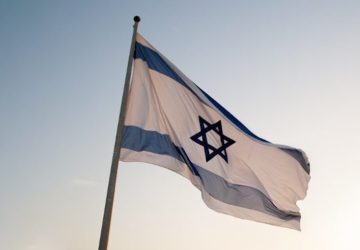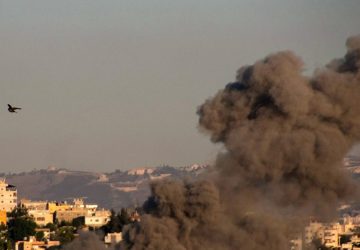Listen to the article
Today marks a significant turning point for Lebanon and Hezbollah, which has suffered a devastating blow with the killing of its Secretary-General, Hassan Nasrallah, after decades of leadership in the Iran-backed group. Nasrallah and other key commanders were killed in a major Israeli airstrike targeting the group’s underground headquarters south of Beirut.
What happens next? What changes should be expected in the situation on the ground?
Is Hezbollah now a minor player in the conflict?
Retired army general and director of Regional Forum Consultancy and Studies (RFSC), Khaled Hamade, stated, “There is no doubt that Hezbollah has been severely impacted, experiencing major setbacks in its command-and-control system and the readiness of its field operatives following the destruction of their communication devices. Israel has also destroyed a significant number of its rocket launchers, with the most critical blow being the elimination of its leadership, particularly its Secretary-General.”
“The party is unlikely to recover quickly. The loss of its top members cannot be compensated swiftly, as these were highly trained and experienced operatives who coordinated at the highest levels of command,” Hamade said in an interview with This is Beirut.
He expressed doubt that a new command and communication system could be established in light of the loss of key leaders and the destruction of its communication network. “It may now be difficult to secure a communication system that maintains secrecy, not to mention the potential for infiltration within its ranks, which will necessitate a thorough review of each operative’s role. All these factors will affect the group’s field performance and its ability to execute missions that previously could have shifted the balance of power between Hezbollah and Israel.”
Despite these setbacks, Hamade argues that Hezbollah cannot be considered out of the fight, as its struggle extends beyond the battlefield. “It is part of a broader regional axis centered in Tehran, with extensions in Iraq, Syria, Yemen, and elsewhere. It remains a component of this network which may compensate for its weakened state.”
“While Hezbollah has lost much of its capabilities, it cannot be said that it is now a minor player in the conflict,” he added.
At a Crossroads
Boldened by Nasrallah’s killing, Israel is not expected to cease its assaults on Lebanon, Hamade argued.
“Today Lebanon stands at a crossroads,” he said. “The Lebanese government should consider whether to remain submissive to regional influence and accept the fragmentation of the state and its authority, or to make a decision based on a realistic and objective assessment of the situation, taking into account all the dangers facing the country.”
“Consequently, it should base its decisions primarily on its national interests,” Hamade concluded.
In response to Nasrallah’s killing, the Iranian Supreme Leader Ali Khamenei claimed that Israel had not seriously harmed Hezbollah’s “solid structure.” He asserted, “The fate of this region will be determined by the forces of resistance. With Hezbollah at the forefront, Lebanon will make Israel regret its actions.”





